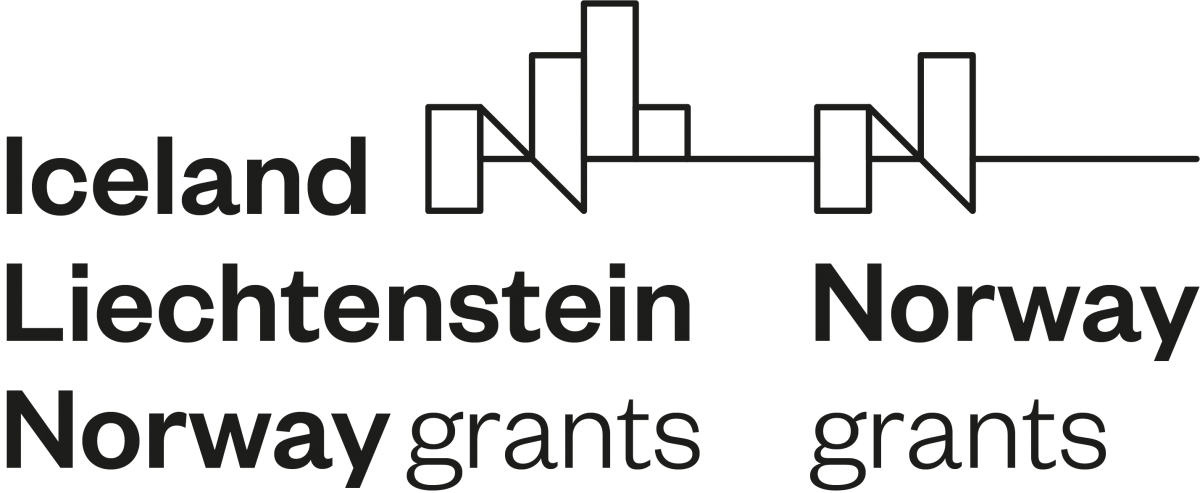What are the EEA and Norway Grants?
 The main purpose of the EEA and Norway Grants is to reduce social and economic disparities within the EEA and strengthen bilateral relations between the donor and beneficiary countries. In return for their financial contribution, donor countries enjoy access to the European internal market even though they are not EU members. In the third edition of the Grants, just as before, Poland is the greatest beneficiary of the funds among EU Member States, with a gross allocation of €809.3 million (out of a total of over €2.8 billion). The EEA and Norway Grants in Poland are implemented by the Ministry of Investment and Economic Development, in cooperation with the Financial Mechanism Office in Brussels.
The main purpose of the EEA and Norway Grants is to reduce social and economic disparities within the EEA and strengthen bilateral relations between the donor and beneficiary countries. In return for their financial contribution, donor countries enjoy access to the European internal market even though they are not EU members. In the third edition of the Grants, just as before, Poland is the greatest beneficiary of the funds among EU Member States, with a gross allocation of €809.3 million (out of a total of over €2.8 billion). The EEA and Norway Grants in Poland are implemented by the Ministry of Investment and Economic Development, in cooperation with the Financial Mechanism Office in Brussels.
The Research Programme aims to improve the results of Polish research, both basic research and research designed to fuel the development of a knowledge-based economy and society. It consists of 2 components, one providing support for basic research (40% of the programme's allocation), managed by the National Science Centre (NCN), and the other supporting applied research (60% of the programme's allocation), managed by the National Centre for Research and Development (NCBR). The programme has a total budget of €110 million.
The Programme is open to entities that conduct research and prepare the ground for the application of research results, for universities, science and research institutes, as well as enterprises and scientists. Applicants are eligible to receive funding of up to 100% of the total cost of partnership-based research projects (including those selected through the novel IdeaLab workshop for researchers aimed at elaborating innovative projects), as well as enjoy small grants. The programme supports all research domains, including, for instance, polar research, research into carbon dioxide capture and storage, and social science projects. Small grants are also set aside for female scientists, as well as researcher mobility projects aimed at the internationalization of Polish science. A major emphasis is also placed on the development of research cooperation with entities from the donor countries (Norway, Iceland, and Liechtenstein).
Under the third edition of the EEA and Norway Grants, the Research Programme is operated by the National Science Centre. 40% of funds from both Financial Mechanisms (€48.77 million) have been slated for basic research, including polar and social science projects. On the Norwegian side, the programme is partnered by the Research Council of Norway.
In its capacity as the operator, the NCN aspires to:
- Expand the group of beneficiaries to guarantee lasting and active, excellent Polish-Norwegian research cooperation.
- Make it possible to carry out the best research projects with high-quality administrative support from the NCN.
- Strengthen the position of the NCN and Polish researchers in the international arena.
The following calls are planned within the programme:
- GRIEG – a call for Polish-Norwegian research projects – with a budget of € 37.34 million.
- IdeaLab – an innovative, interdisciplinary call for researchers from Poland, Norway, Iceland and Liechtenstein, targeted at research projects that address important social challenges – with a budget of €4.43 million.
- POLS – a mobility call within the framework of the small grants scheme, for foreign researchers who wish to conduct research in Poland – with a budget of €7 million.
Basic proposal evaluation criteria:
- Scientific and/or technical excellence;
- Relevance to the purpose and priorities of the research programme;
- Quality and efficiency of project implementation and management, including the quality of applicants and their ability to carry out the project, as well as the project's contribution to capacity and competence building;
- Potential impact through the development, dissemination, and application of research results.

 Facebook
Facebook Twitter
Twitter LinkedIn
LinkedIn YouTube
YouTube Instagram
Instagram